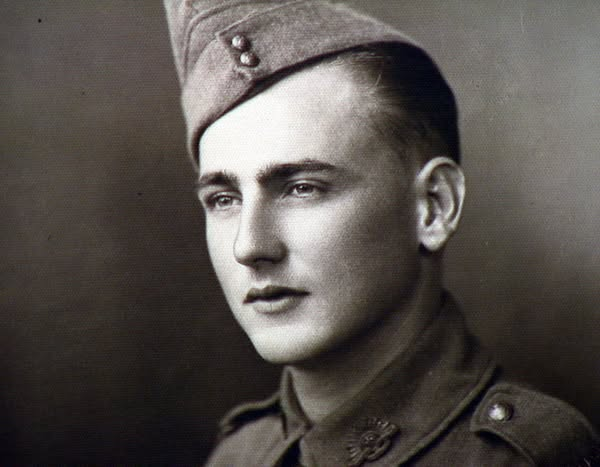Arthur Leslie Leggett, Western Australia’s oldest surviving World War II prisoner of war, passed away on April 6, 2025, at the age of 106, leaving behind a legacy of courage, resilience, and community service.
His death in a Perth aged care home, surrounded by loved ones, has prompted an outpouring of tributes, with calls for a state funeral to honor his remarkable life and contributions.
Born in 1918, Leggett’s life was shaped by the hardships and triumphs of the 20th century. He moved to Perth as a teenager in the early 1930s with his family, after his father, a World War I veteran, struggled to recover from a gas attack sustained in the trenches of France. Arthur himself would soon face the trials of war. As a signaller in the 2/11th Battalion of the 6th Division, 2nd Australian Imperial Force, he fought against the Italian army in Libya during the battles of Bardia and Tobruk. In 1941, he was deployed to Greece and Crete to defend against German forces. During the Battle of Crete, a pivotal and brutal campaign, he was captured by German paratroopers and endured over four grueling years as a prisoner of war in Germany, including two and a half years of forced labor in coal mines in Northern Poland. He also survived a harrowing march across the Czech Alps to Bavaria in the winter of 1944-45, a testament to his unyielding spirit.
Despite the unimaginable hardships, Leggett emerged from the war with a profound sense of camaraderie and a lack of bitterness. “I met some of the nicest people in my life who are Germans while I was a PoW,” he shared in a 2021 interview with Seven News. His daughter, Maureen Rayson, told ABC Radio Perth that her father was a mess after the war, with no counseling available at the time, yet he “just got on with it,” channeling his experiences into a lifelong commitment to preserving the memory of his fallen comrades.

Leggett’s post-war life was marked by an extraordinary dedication to veterans and education. As president of the Ex-Prisoners of War Association of WA for 25 years, he became a staunch advocate for his fellow veterans, ensuring their sacrifices were remembered. He was a regular speaker at Mount Lawley Senior High School, where he educated students about the realities of war and the freedoms they enjoy today because of past sacrifices. His talks were so captivating that, as principal Lesley Street noted in 2018, “1700-plus students would listen in complete silence.” The school honored him by naming its library the Arthur Leggett OAM Library in 2018, a fitting tribute for a man who wrote an autobiography, Don’t Cry for Me, at age 88, and was also a published bush poet.
Leggett’s connection to Mount Lawley SHS began in 1996 when the school adopted the Ex-Prisoners of War Association Memorial in Kings Park, the same year he became president of the association’s WA branch. He was inducted into the school’s Lawley Legends Society in 2017 and was often described as a “living treasure” by former principal Milton Butcher. In 2004, he was awarded the Order of Australia Medal (OAM) for his service to veterans and their families, a recognition of his tireless advocacy.
Even in his later years, Leggett remained a vibrant community member. At 102, he recited the ode at Fremantle’s Len Hall Game in 2021, an event he called “one of the highlights of my rather long existence.” At 103, he was still active, participating in events like Perth’s Have a Go Day, where he inspired others with his energy and positivity. He also maintained a “full diary” of social commitments, reflecting his zest for life. Over the years, he was involved in the Over 45 Social Canoe Club, participated in Avon Descents, and contributed to the RSL, all while sharing his story through interviews, such as one with the Australians at War Film Archive in 2004.
Western Australian Premier Roger Cook paid tribute to Leggett on social media, calling him “a Western Australian hero, whose courage and sacrifice will never be forgotten.” Cook highlighted Leggett’s role as part of a “special generation” and his advocacy for veterans, while Ex-Prisoners of War Association secretary Ray Galliot echoed the sentiment, stating, “The chap deserves a state funeral for what he’s done both during the war and subsequently.”
Leggett’s life was not just a story of survival but of purpose. He often spoke of his desire to leave the world a little better than he found it, a mission he fulfilled through his storytelling, poetry, and community engagement. His autobiography and poems, available through outlets like Angus & Robertson, offer a glimpse into his reflective nature and love for words. As a man who valued every person and experience, Leggett’s legacy will endure through the countless lives he touched, from schoolchildren to fellow veterans.

